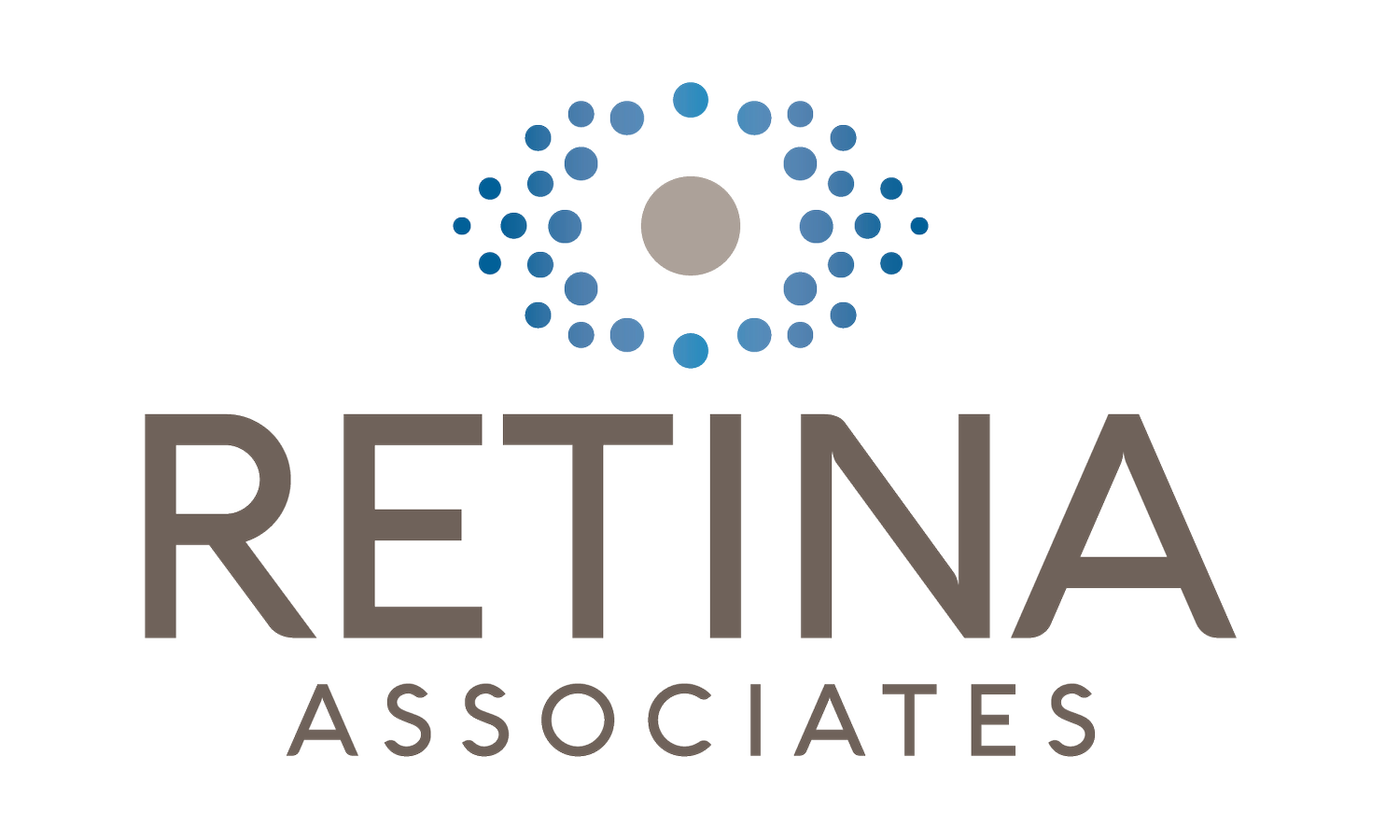
Leaders in
advanced
retina care.
As pioneers in retina care, our seasoned specialists lead the way, blending cutting-edge technology with unparalleled skill to craft personalized solutions for each patient.
From the latest medical therapies to advanced injections and laser treatments, we address vision-threatening disorders like macular degeneration, diabetic retinopathy, retinal vein occlusions, retinal tears, and detachments with expertise.
Retina Associates has served patients for over 30 years. We are proud members of the regional eye care community, catering to the needs of residents of Winchester, Virginia, and the surrounding areas including northwest Virginia, Frederick, Clarke, Page, Warren, Shenandoah, and Rockingham counties, eastern West Virginia, and central and western Maryland.
We specialize in treating retinal diseases such as macular degeneration, diabetic retinopathy, vein occlusions, macular holes, and retinal detachments. Our doctors are all board-certified members of the American Academy of Ophthalmology and the American Society of Retina Specialists.
We treat conditions of the eye
-
Retinal disorders
Retinal disorders encompass a range of conditions that affect the retina, the light-sensitive tissue at the back of the eye. These disorders include diabetic retinopathy, macular degeneration, retinal vein occlusion, and inherited retinal diseases.
Treatment for retinal disorders depends on the specific condition but may include medications, laser therapy, intraocular injections, or surgical procedures such as vitrectomy. Early detection and management of retinal disorders are crucial for preserving vision and preventing complications.
-
Sudden loss of vision
Sudden loss of vision can be a frightening experience and may indicate a serious underlying medical condition. Causes of sudden vision loss may include retinal artery or vein occlusion, retinal detachment, macular degeneration, or optic nerve damage.
If you experience sudden vision loss, it's crucial to seek immediate medical attention. Depending on the cause, treatment options may include medications, surgery, or other interventions aimed at preserving or restoring vision.
-
Ocular injuries
Ocular injuries refer to any damage or trauma that affects the eye. These injuries can happen due to various reasons such as accidents, sports injuries, or exposure to harmful substances. The retina, which is the light-sensitive tissue lining the back of the eye, can also be affected by ocular injuries.
When an injury occurs, it's essential to seek immediate medical attention to prevent further damage to the eye and preserve vision. Depending on the severity of the injury, treatments may vary. Minor injuries may require simple measures like applying an eye patch or using eye drops to reduce inflammation and promote healing. However, more severe injuries may need surgical intervention to repair damage to the retina or other structures of the eye.
-
Vitreoretinal diseases
Vitreoretinal diseases affect the vitreous and retina of the eye and can lead to vision loss if left untreated. Conditions such as macular degeneration, diabetic retinopathy, and retinal detachment fall under this category. Treatment options for vitreoretinal diseases may include medications, laser therapy, surgical procedures such as vitrectomy or scleral buckling, and lifestyle changes to manage underlying health conditions.
Understanding these retina-specific topics is essential for maintaining eye health and preserving vision. Whether dealing with ocular injuries, considering laser eye surgery, or managing retinal diseases, seeking prompt medical attention and adhering to treatment recommendations can significantly impact visual outcomes and overall quality of life.
-
Intraocular injections
Intraocular injections involve administering medication directly into the eye. These injections are commonly used to treat various retinal conditions such as macular degeneration, diabetic retinopathy, and retinal vein occlusion. The medications injected into the eye may include anti-VEGF drugs, steroids, or other agents aimed at reducing inflammation, preventing abnormal blood vessel growth, or promoting healing.
While intraocular injections can be effective in managing certain retinal diseases, they do carry some risks, including infection and increased eye pressure. Therefore, these injections are typically performed by trained ophthalmologists in a controlled clinical setting.
-
Flashes and floaters
Flashes and floaters are common visual phenomena that can occur as a result of changes in the vitreous, the gel-like substance inside the eye. Flashes are brief bursts of light, while floaters are small, dark spots or lines that move across your field of vision.
While flashes and floaters are often harmless, they can sometimes indicate a retinal tear or detachment, especially if they occur suddenly or are accompanied by other symptoms such as a curtain-like shadow in your vision. If you experience new or worsening flashes and floaters, it's essential to see an eye doctor promptly for evaluation.
